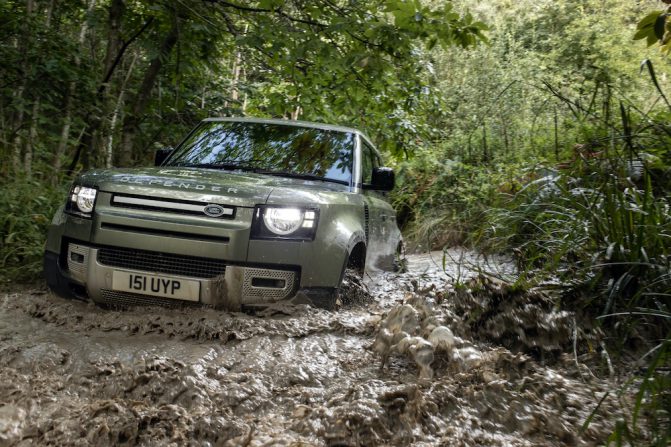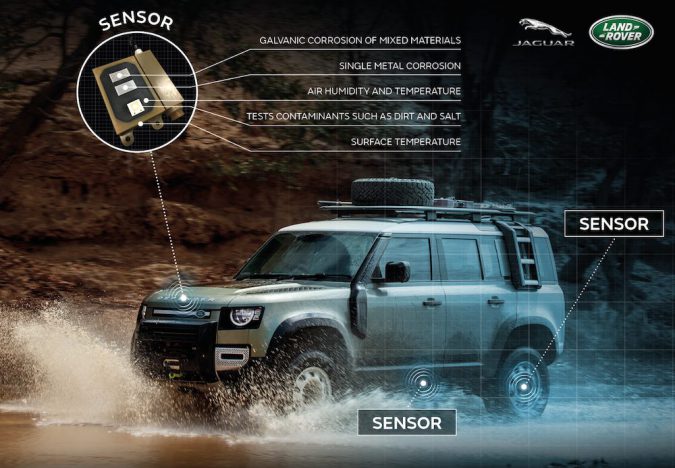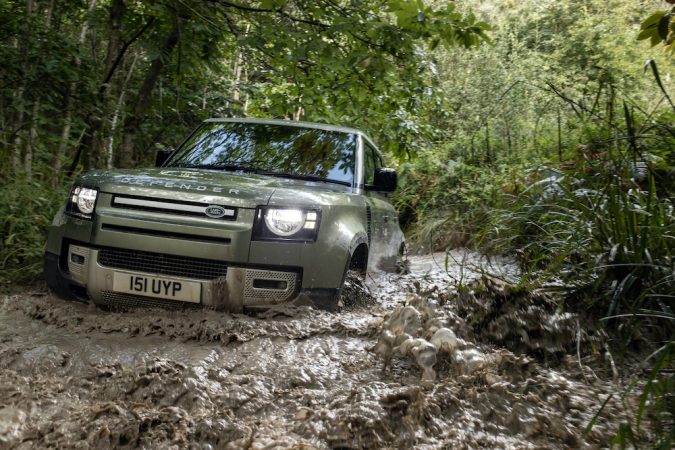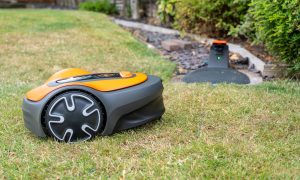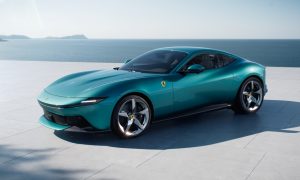Twenty or thirty years ago, Jaguars and Land Rovers were synonymous with rust. You would struggle to find any car that had been on the road for even a moderate amount of time without the tell-tale signs of corrosion – peeling paint, surface bubbles and occasionally gaping holes in the metal.
But the now combined Jaguar Land Rover (JLR) entity has come a long way since then. The company has recently announced the use of pioneering aerospace technology to test the performance of new lightweight materials for use in future cars.
A two-year project will see the UK’s largest automotive manufacturer use aerospace-grade sensors to assess how lightweight metals and composites respond to the “corrosive environments” and “rigorous terrains”.
Samples of new materials are to be built into sensors and tested across over 400,000km of ground in North America – a level of testing that would have surely ripped the old Jaguar XJ6s and Land Rover 90s to pieces.
The sensors will “continuously measure” the performance of materials and provide data to JLR’s product development team in the UK.
JLR engineers will then use the data to better predict the behaviour of new metals and composites which will lead to a “longer-lasting” and “high-quality” finish to body materials.
Lead engineer, Matt Walters, said:
“This research project is a prime example of our commitment to developing lightweight, durable and robust materials for our future vehicles.
“Using advanced aerospace-grade technology, such as these sensors, is testament to the quality and standards we are achieving.
“We are working alongside world-class partners on this ground-breaking research project and will improve the correlation between real-world and accelerated testing as we continue to raise the bar for quality and durability.”
The project’s partners are said to include aluminium manufacturers and car makers seeking to make materials lighter and more durable.
The research builds on JLR’s recent work seeking to enhance the brand’s reputation for sustainability – in stark contrast to the diesel-belching Landies produced in the past. Its Destination Zero initiative aims to “create a more sustainable future” with zero emissions, zero accidents and zero congestion.
Let’s hope the announcement is also a sign of better times to come for the company. Sales at the Midlands-based firm fell from 592,700 vehicles in 2018 to 557,706 vehicles in 2019. JLR has also cut thousands of jobs over the last two years with 1,500 jobs losses announced in 2018 and a further 4,500 redundancies confirmed last year.

